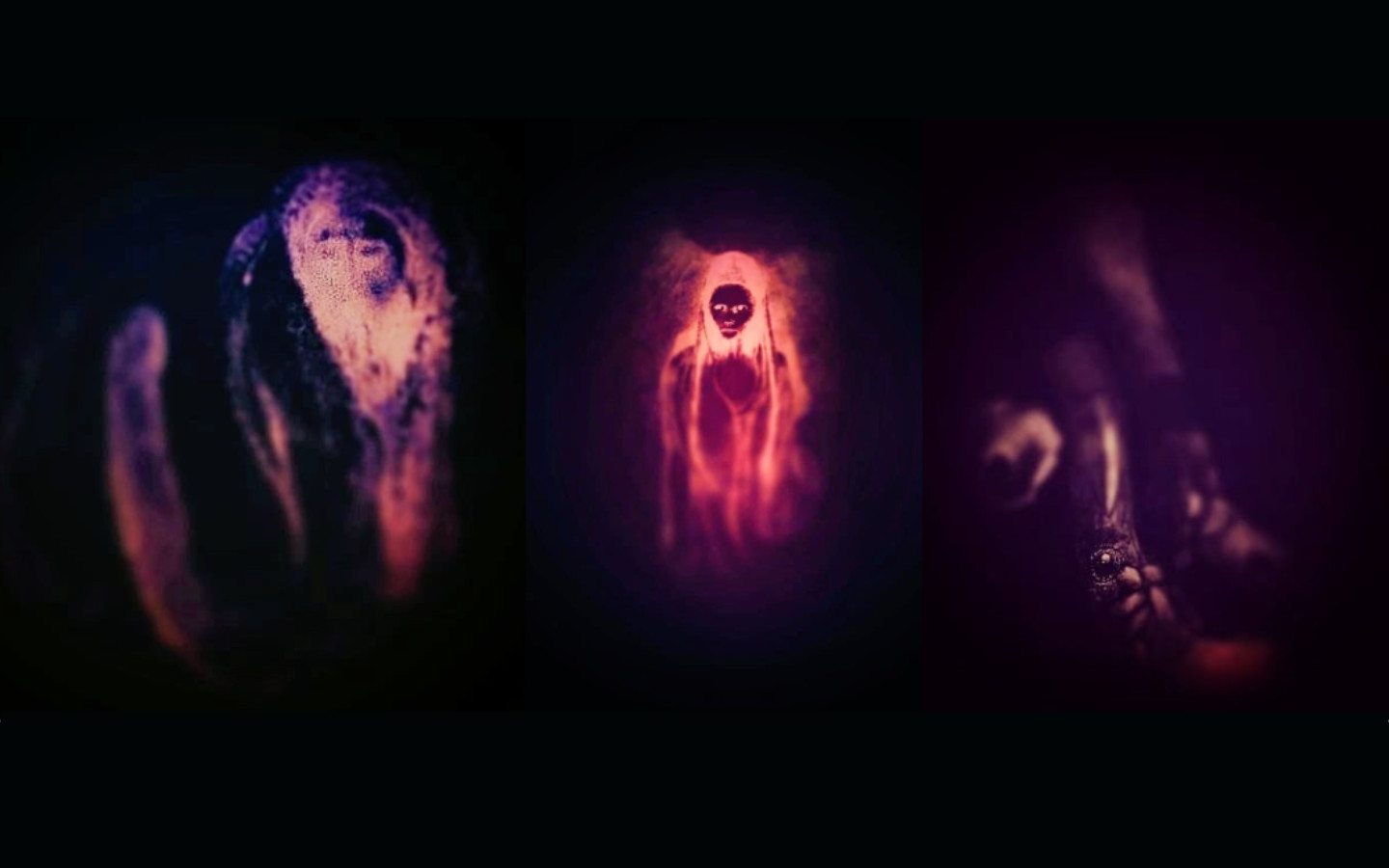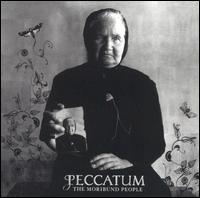Grélon by Tobias Ryan
Short Story / Soundtrack
What does it mean to love and survive in a city where the river smells of tar and iodine and where something unnamed is causing friends and neighbors to vanish -- their empty houses and shops daubed with signs? This week saw the release of writer Tobias Ryan’s new novella and accompanying music tracks. Reading Grélon, I am reminded of Daniel Defoe’s A Journal of the Plague Year in which Defoe, a shopkeeper, has to stay in London to try and survive while the aristocracy and anyone else who can afford it flees to the countryside to escape the Plague.
But Grélon, the protagonist, is less a character than you empathise with than that you feel. You experience the world through the heaviness of his body and of his isolation. You hear the noise and the smells and you hear the rot and the arguments and accusations of other voices.
Most simply, Grélon is a rent collector spends his days walking the city to chase rents -- part mob boss, part flaneur. Walking, watching, noticing people vanishing. There is a sense of fear, of rot, of the crush of an impending certainty. And yet Grélon remains calm throughout -- keeping a kind of emotional distance from those around him as he passes through their lives.
People move around Grélon; Grélon moves slowly, takes up space. He pays no mind to any of them. If they shoot dirty looks, he doesn’t see them; if they tut, he doesn’t hear. He keeps his head down as he walks; he keeps his hands in the pockets of his mac. He’s walking the route he always takes; following the schedule he always keeps.
But internally, Grélon is going through something else; he finds himself soaked by slicks of black sweat, and somewhere inside his body something is moving. It is hard to say much about this without giving up the plot, but think Daisy Johnson’s ‘Starver’ from the incredible collection Fen-- or other transformation myths. The story turns when Grélon finds ‘the child’ -- a mysterious unspeaking presence whom he takes in. We see Grélon and ‘the child’ seated in his rooms, eyes closed, listening to plainchant. The presence of music, particularly sacred music, is a constant in the story -- an intriguing counterpoint to the atmosphere of slow decay which pervades much of the rest of the story. Indeed, the only sound the child seems to make is, once, a hum, which coincides with the arrival of the most mysterious presence of all. Grélon tries to reject the child, to send it to live elsewhere -- but even as he tries to put more distance between them, he begins to love it.
The disturbing final scene of the novella has to be read closely for clues in the language: nods toward faith, devotion, and revelation are hidden beneath sackcloth and amongst the ashes.

Essential Info:
Read or download the pdf here
The soundtrack is here
You can subscribe to Tobias Ryan’s substack here
Or find the pinned post on: @TobiasvRyan


























